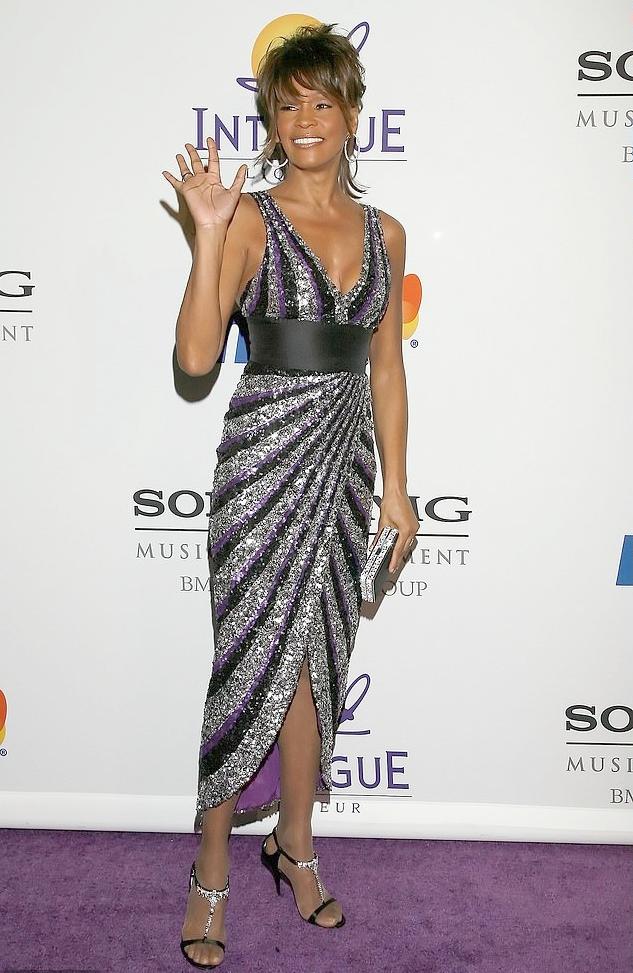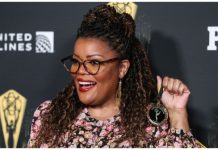
*In a nostalgic look back, the late, and indelible Whitney Houston, a force to be reckoned with even in her absence, threw subtle shade at MTV for its lack of representation of Black artists in a vintage interview.
Transporting us to the year 2001, Houston’s rendezvous with MTV News saw her reminiscing about her earliest encounters with the network. The conversation took a pointed turn when the songstress candidly pointed out the network’s reluctance to showcase her music, deeming it “too R&B” amidst its predominant focus on album-oriented rock, Madamenoire recalls.
“I recall the struggle,” she mused, punctuated by a wry chuckle. “It was a breakthrough of monumental proportions for African American performers to grace the MTV stage, given its rock-centric ethos. I distinctly remember Michael Jackson’s breakthrough moment, and later Tina Turner, Bobby Brown, and myself—all pivotal figures in the MTV landscape.”
Reflecting on her own journey to MTV stardom, Houston revealed the hurdles faced in getting her music heard, particularly her early hit “You Give Good Love,” which failed to gain traction on the network due to its perceived R&B leanings.
However, with the explosive success of “Saving All My Love For You,” MTV was compelled to relent. “There’s a certain satisfaction,” she quipped, “in leaving them with no choice.”
View this post on Instagram
The backdrop of MTV’s inception in 1981, characterized by a roster dominated by white AOR acts like David Bowie, Duran Duran, and Tom Petty, starkly contrasted with the sparse inclusion of Black artists such as Michael Jackson and Prince.
This disparity didn’t escape the notice of artists or historians. In 1983, Bowie himself challenged MTV’s lack of diversity, highlighting the absence of Black artists during non-peak viewing hours.
The issue extended beyond mere representation, as Houston raised concerns about the content aired on MTV, particularly its impact on impressionable young minds. Expressing her reservations, she barred her daughter Bobbi Christina from indulging in the network’s explicit fare, opting to shield her from premature exposure to adult themes.
In essence, Houston’s words echoed not just the struggle for recognition within the music industry but also the broader societal discourse on representation and responsibility in media consumption. Through her candid commentary, she left an indelible mark on the ongoing dialogue surrounding diversity and influence in the entertainment landscape.
MORE NEWS ON EURWEB: A+E Claims Wendy Williams’ Guardian Attempted to Muzzle Lifetime Docuseries Following Critical Trailer Viewing
We Publish News 24/7. Don’t Miss A Story. Click HERE to SUBSCRIBE to Our Newsletter Now!





